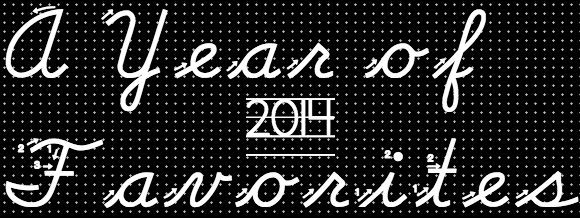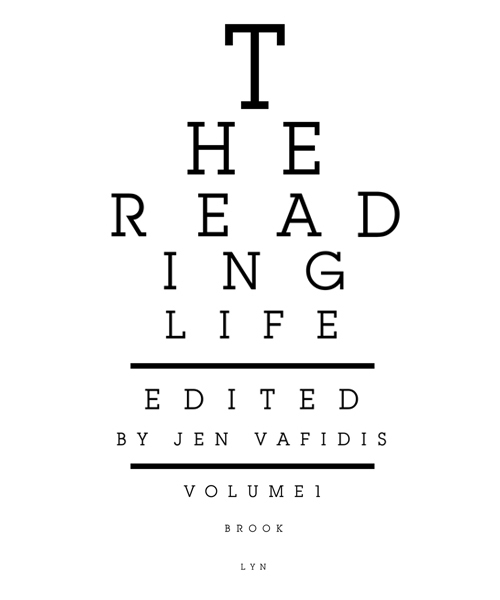I worked too much this year. Maybe that’s an excuse for a larger and nastier ambivalence though—it usually is. But for whatever reason, there were a lot of big books this year I couldn’t bring myself to read. They seemed like they would require too much of me in future conversations, and it’s so much easier to say “I haven’t read that yet” knowing that “yet” is disingenuous. The few things I read and loved, the books I easily could talk […]
Folk Stories as Gateways: A Review of Angela Carter’s “The Bloody Chamber”
The Bloody Chamber: And Other Stories by Angela Carter Penguin Classics; 176 p. It’s nothing new. For centuries there have been folk tales to moralize and instruct, to frighten and warn. In early Celtic poetry for instance, there are odes spotted with sententious rhetoric, some of it dull (“the worst blemish is bad manners”), some of it true (“usual with the wanton is excessive laughter”), but all of it about the ways of people and things (“boys are nimble and […]
A Year of Favorites: Jen Vafidis
I’m not going to review much this year, I said to myself last December, and I guess I really meant it. Having so few deadlines, I didn’t move quickly or in any one direction, and I sometimes didn’t finish things. But what I finished, I devoured. I read and reread The Pedestrians by Rachel Zucker, Rome by Dorothea Lasky, and The Second Sex by Michael Robbins, all odd, funny, and thrilling (yes, thrilling) collections that everyone should read, from poets […]
Tying Balloon Animals: A Conversation with Michael Robbins
The first time I interviewed the poet Michael Robbins, he lived in Mississippi; this time, he lives in New York, just several blocks from my apartment. This is not the only difference two years make—since we last spoke, his debut collection Alien vs. Predator has been called one of the best books of 2012 by The New York Times,The Boston Globe, the New York Observer, Slate, The Millions, and, well, us. He has explained metal for Harper’s, and he has written about drones, evangelicals, the New […]
The Reading Life: The Necessary Hassle
For a while I have been thinking about writing a column about Michel Houellebecq. I was going to talk about how I came to Houellebecq’s work while working as an intern at a French magazine that ran GQ-ish features and creatively softcore photos of women. I was going to tie together something about voyeurism and objectification, both in Houellebecq’s novels and in my life at the time. To wrap up I was going to mention a party I attended a […]
The Reading Life: Fewer Things to Make Fun Of
One long weekend, a few months after I had turned 21, my best friend and I took a trip. We wanted to see a lake or a forest, maybe some needlepoint hanging on a wall. We drove for a long time, crossing bridges that all looked the same. At one point, on a Massachusetts radio station we recognized a very recognizable song, and my friend asked me not to change it. I was surprised; usually we listened to much cooler […]
Other People’s Happiness: A Conversation with Leslie Jamison
Leslie Jamison hates to use the word “failed” to describe her second novel—at some point she’ll pick it up again—but the assessment persists. She had planned to write about the Sandinista revolution in Nicaragua, but, daunted by the project, she started writing essays instead. Her collection The Empathy Exams covers a lot of ground, from ultramarathons to Bolivia to a prison complex, but each piece, no matter its setting, asks a similar set of questions. What are the limits of […]
The Reading Life: But Most People Are The Same
My dad once pointed out an inconsequential part of Charade, the Stanley Donen film. It’s a piece of interstitial dialogue between two characters we never see. George Kennedy, with a hook for a hand, has ransacked Audrey Hepburn’s Parisian hotel room, and Cary Grant goes out the window to find him. Grant passes a neighboring room’s window, and a woman screams.





